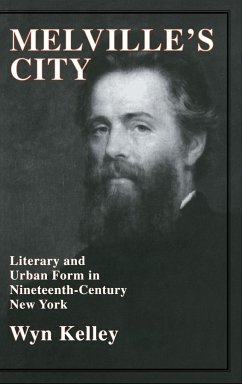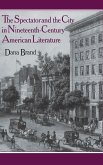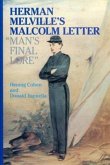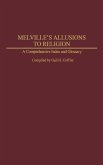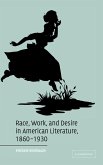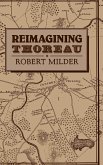Melville's City argues that Melville's relationship to the city was considerably more complex than has generally been believed. By placing him in the historical and cultural context of nineteenth-century New York, Kelley presents a Melville who borrowed from the colorful cultural variety of the city while at the same time investigating its darker and more dangerous social aspects. She shows that images both from Melville and from popular sources of the time represented New York variously as Capital, Labyrinth, City of Man, and City of God, and she goes on to demonstrate that he resisted a generalizing or totalizing representation of the city by revealing its hybrid identity and giving voice to the poor, the displaced, and the racially excluded. Through close examination of works spanning Melville's career, she forges a new analysis of the connections between urban and literary form.
Hinweis: Dieser Artikel kann nur an eine deutsche Lieferadresse ausgeliefert werden.
Hinweis: Dieser Artikel kann nur an eine deutsche Lieferadresse ausgeliefert werden.

